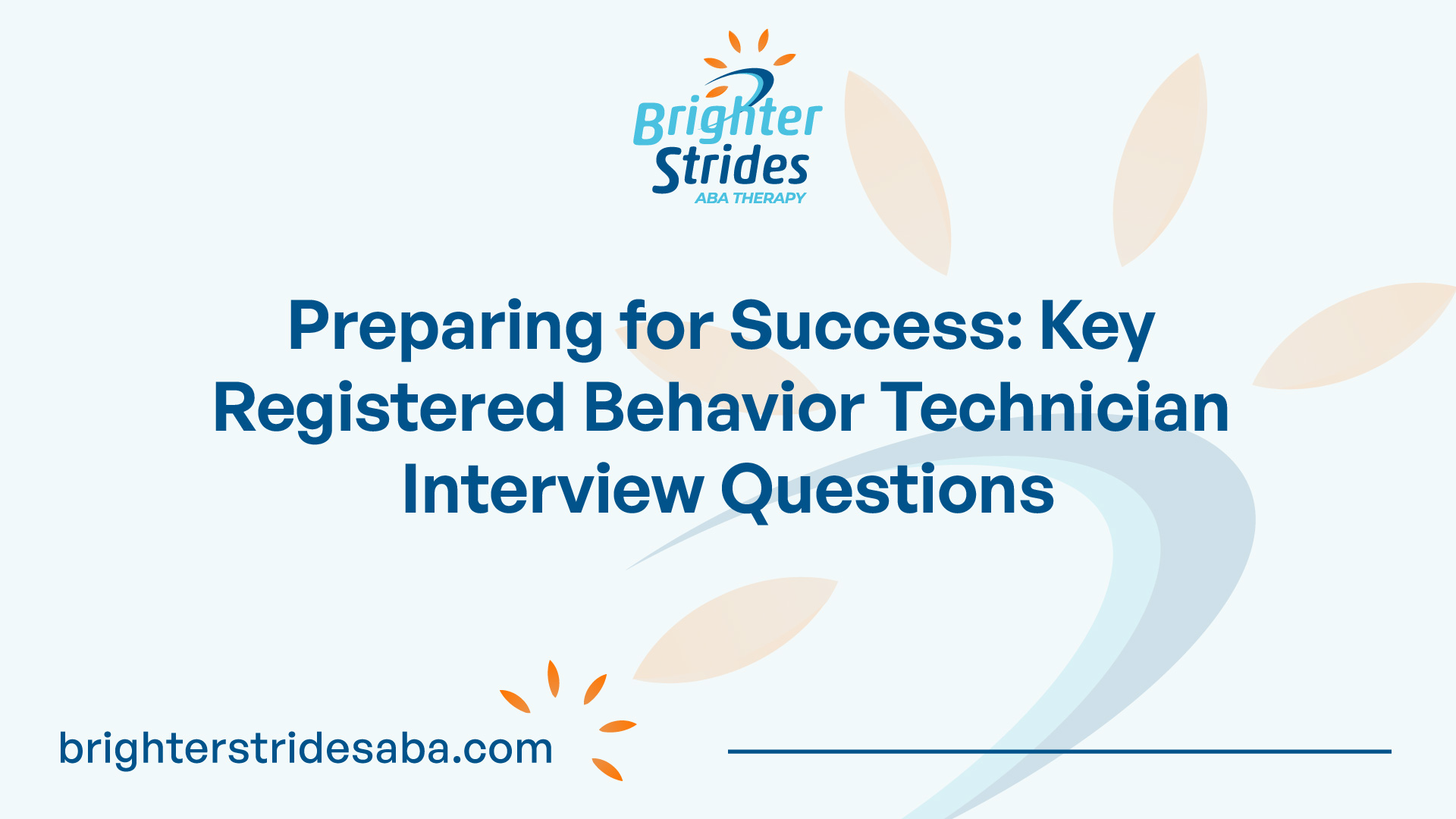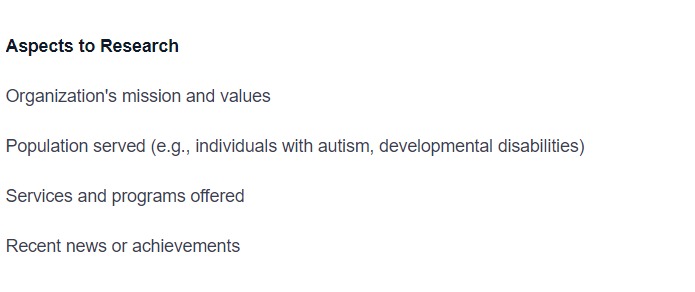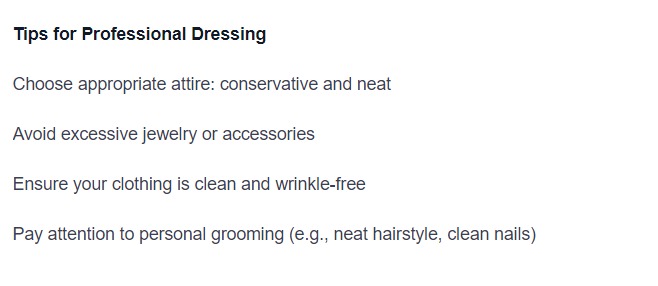Introduction to Registered Behavior Technician Interviews
Before delving into the specific questions asked during Registered Behavior Technician (RBT) interviews, it’s important to understand the role of an RBT and why interviews play a crucial part in the hiring process.

Overview of Registered Behavior Technician Role
The Registered Behavior Technician (RBT) certification is a nationally recognized credential for individuals interested in providing direct therapy to children with Autism Spectrum Disorder (ASD). RBTs work under the supervision of a Board Certified Behavior Analyst (BCBA) or Board Certified Assistant Behavior Analyst (BCaBA) to implement behavior plans and interventions (UC Online). They are responsible for providing one-on-one behavioral interventions to teach communication, social, and daily living skills, as well as reduce problematic behaviors in various settings such as homes, communities, and schools (Sunny Days).
RBTs utilize interventions developed from the science of Applied Behavior Analysis (Sunny Days). They collect and record data on client behavior, implement behavior plans, and assist with skill acquisition activities. The role of an RBT is crucial in helping individuals with behavioral challenges by implementing behavior reduction and skill acquisition programs designed by a BCBA.
To become an RBT, individuals must complete a 40-hour training program, pass a competency assessment, and pass the RBT exam. It is essential for RBTs to hold and maintain current certification as a Registered Behavior Technician as issued by the Behavior Analyst Certification Board (BACB) (Sunny Days).
Importance of Interviews for Registered Behavior Technicians
Interviews play a vital role in the selection process for Registered Behavior Technicians. Employers use interviews to assess a candidate’s qualifications, skills, and suitability for the role. Through interviews, employers can gain a deeper understanding of a candidate’s experience working with individuals with autism and developmental disabilities, their knowledge of behavior intervention plans and strategies, as well as their ability to communicate effectively and work in a team.
Interviews also provide an opportunity for candidates to showcase their expertise, share specific examples of their work, and demonstrate their understanding of ethical standards and confidentiality.
Additionally, interviews allow employers to gauge a candidate’s fit within the organization and assess their potential for professional growth and development.
Preparing thoroughly for Registered Behavior Technician interviews is essential for success. Researching the organization, practicing common interview questions, and presenting oneself professionally can significantly increase the chances of securing the position. In the following sections, we will explore the key skills and qualifications expected of RBTs and provide insights into common interview questions that candidates may encounter.
Key Skills and Qualifications for Registered Behavior Technicians
To be a successful Registered Behavior Technician (RBT), there are certain skills and qualifications that are essential for the role. These include holding the required certification and training, having experience working with individuals with autism and developmental disabilities, and possessing knowledge of behavior intervention plans and strategies.
Required Certification and Training
Candidates for the position of RBT must hold and maintain current certification as a Registered Behavior Technician as issued by the Behavior Analyst Certification Board (BACB). The RBT certification is a nationally recognized credential for individuals interested in providing direct therapy to children with Autism Spectrum Disorder (ASD). It is offered by the BACB, which sets the standards for professional behavior analysis practice.
To obtain the RBT certification, candidates must complete a 40-hour training course, pass a competency assessment, and receive ongoing supervision by a Board Certified Behavior Analyst (BCBA). This training and certification ensure that RBTs are equipped with the necessary knowledge and skills to provide effective behavioral interventions.
In addition to certification, RBTs are also required to have professional liability insurance to protect themselves and the individuals they work with (Sunny Days). This insurance coverage is essential for maintaining professional standards and protecting the well-being of all parties involved.
Experience Working with Individuals with Autism and Developmental Disabilities
Experience Working with Individuals with Autism and Developmental Disabilities is a valuable qualification for RBTs. The role of an RBT involves providing direct one-on-one behavioral interventions to teach communication, social, and daily living skills, as well as reduce problematic behaviors (Sunny Days). RBTs work under the supervision of a BCBA to implement behavior plans and interventions.
Having prior experience working with individuals with autism and developmental disabilities allows RBTs to understand the unique challenges and needs of this population. It helps them adapt their interventions to meet the specific requirements of each individual and provide effective support.
Knowledge of Behavior Intervention Plans and Strategies
RBTs must have knowledge of behavior intervention plans and strategies. They implement behavior reduction and skill acquisition programs designed by a BCBA to help individuals with behavioral challenges. This involves collecting and recording data on client behavior, implementing behavior plans, and assisting with skill acquisition activities (UC Online).
Behavior intervention plans outline the strategies and techniques to be used to address specific behaviors, while skill acquisition programs focus on teaching individuals new skills. RBTs must be familiar with these plans and strategies to effectively implement them and monitor progress.
By possessing the required certification and training, having experience working with individuals with autism and developmental disabilities, and having knowledge of behavior intervention plans and strategies, RBTs are equipped to provide high-quality care and support to those in need. These skills and qualifications are crucial for success in the role of a Registered Behavior Technician.
Common Interview Questions for Registered Behavior Technicians
Preparing for a registered behavior technician (RBT) interview requires familiarity with the types of questions that may be asked. These questions aim to assess an individual’s qualifications, experience, and understanding of behavior intervention practices. Here are some common interview questions for RBTs:
Questions about Experience and Background
- Can you tell us about your previous experience working with individuals with autism and developmental disabilities?
- How have you collaborated with a multidisciplinary team to support clients with their specific needs?
- Have you implemented behavior support plans designed by a Board Certified Behavior Analyst (BCBA)? If so, can you provide an example of a plan you have implemented successfully?
- How do you ensure accurate data collection and documentation of client behavior?
Questions about Behavior Intervention and Data Collection
- What strategies have you used to manage challenging behaviors in individuals with autism or developmental disabilities?
- How do you handle instances when a behavior intervention does not produce the desired results?
- Can you explain the process of conducting a functional behavior assessment?
- How do you collect and analyze data to track behavior patterns and progress?
Questions about Ethical Standards and Confidentiality
- How do you ensure the privacy and confidentiality of client information?
- What steps do you take to maintain professional boundaries with clients and their families?
- How do you handle situations when faced with ethical dilemmas in your work as an RBT?
- Can you describe your understanding of and commitment to the ethical standards set forth by the Behavior Analyst Certification Board (BACB)?
These interview questions provide employers with insights into an RBT candidate’s skills, knowledge, and adherence to ethical guidelines. Preparing thoughtful and well-structured responses will demonstrate your expertise and suitability for the role. Additionally, referring to your experience, training, and the Behavior Analyst Certification Board’s task list can help you provide specific examples and demonstrate your qualifications.
Preparing for a Registered Behavior Technician Interview
Preparing for a Registered Behavior Technician (RBT) interview is crucial to increase your chances of success. By taking the time to adequately prepare, you can showcase your skills, qualifications, and passion for the role. Here are some key steps to help you prepare for your RBT interview:
Researching the Organization
Before your interview, it is important to research the organization you are applying to. Understanding the mission, values, and the population they serve can demonstrate your genuine interest and commitment during the interview. By familiarizing yourself with the organization, you can tailor your responses to align with their goals and demonstrate how you can contribute to their mission.

Practicing Common Interview Questions
Practicing common interview questions is crucial to be well-prepared for an RBT interview. By practicing, you can develop concise and thoughtful responses, allowing you to articulate your experiences, skills, and knowledge effectively. This preparation can also boost your confidence during the interview.
Consider questions that may be asked about your experience working with individuals with autism and developmental disabilities, your knowledge of behavior intervention plans and strategies, and your ability to collect and analyze data. Practice providing specific examples from your past experiences that highlight your skills and qualifications for the role.
Dressing and Presenting Professionally
Dressing and presenting professionally is essential for an RBT interview. Your appearance and demeanor can leave a lasting impression on the interviewer. Dressing professionally shows respect for the interview process and demonstrates your commitment to the position.

During the interview, maintain good posture, make eye contact, and speak clearly and confidently. Show enthusiasm for the role and actively listen to the interviewer’s questions and comments. By presenting yourself professionally, you can convey your professionalism and dedication to becoming an effective RBT.
By thoroughly researching the organization, practicing common interview questions, and presenting yourself professionally, you can significantly enhance your preparedness for the RBT interview. Remember to be authentic, demonstrate your passion for working with individuals with autism and developmental disabilities, and showcase your relevant skills and qualifications. Good luck!
Tips for Success in Registered Behavior Technician Interviews
When preparing for a Registered Behavior Technician (RBT) interview, there are several key tips that can help you stand out as a candidate. These tips include highlighting relevant experience, providing specific examples, and demonstrating strong communication and interpersonal skills.
Highlighting Relevant Experience
One of the most important aspects of a successful RBT interview is highlighting your relevant experience. This could include any previous work or volunteer experience in the field of behavior analysis or working with individuals with autism and developmental disabilities. Be sure to emphasize any direct experience implementing behavior intervention plans or working with behavior reduction strategies.
Additionally, if you have completed any specific training or certification programs related to behavior analysis, such as the RBT certification recognized internationally as a standard for paraprofessionals in the field (Applied Behavior Analysis Edu), be sure to mention it. This demonstrates your commitment to the profession and your dedication to ongoing learning and development.
Providing Specific Examples
During the interview, it’s important to provide specific examples that showcase your skills and qualifications. When answering questions, draw from your past experiences and provide detailed examples of how you have successfully implemented behavior intervention plans, collected and analyzed data, or worked collaboratively with a team. These specific examples help to demonstrate your practical knowledge and the impact you can make as an RBT.
Demonstrating Strong Communication and Interpersonal Skills
As an RBT, effective communication and interpersonal skills are essential. During the interview, demonstrate your ability to communicate clearly and effectively, both verbally and in writing. This includes actively listening to questions, providing concise and thoughtful responses, and demonstrating empathy and understanding.
Additionally, highlight your ability to work collaboratively with a team, as RBTs typically work under the supervision of a Board Certified Behavior Analyst (BCBA) (BACB). Discuss any experiences you have had working as part of a multidisciplinary team and how you effectively contributed to achieving common goals.
By highlighting your relevant experience, providing specific examples, and demonstrating strong communication and interpersonal skills, you can increase your chances of success in an RBT interview. Remember to research the organization, practice common interview questions, and present yourself professionally to make a positive impression.
Conclusion
In conclusion, becoming a Registered Behavior Technician requires dedication, training, and experience. It is a rewarding career that offers the opportunity to make a significant impact on the lives of individuals with autism and developmental disabilities. By possessing the necessary skills and qualifications, including certification as an RBT, experience working with this population, and knowledge of behavior intervention plans and strategies, individuals can excel in this role.
Preparing for an RBT interview requires extensive research into the organization, practice of common interview questions, and presenting oneself professionally. Highlighting relevant experience, providing specific examples, and demonstrating strong communication skills are key factors in standing out as a candidate during the interview process.
Overall, pursuing a career as an RBT can be highly fulfilling for those passionate about helping individuals with unique challenges. With proper training and experience, RBTs can provide effective support to those in need while making meaningful contributions to their communities.

 We've just released an article!
Check out our blog!
We've just released an article!
Check out our blog!



